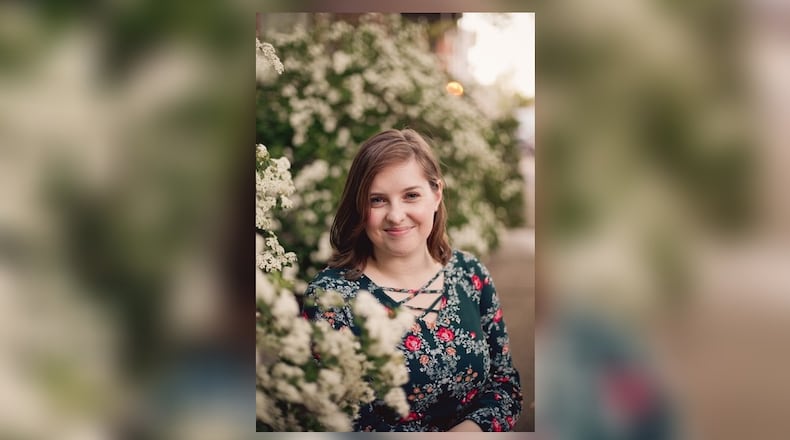But for me, coming into being a queer person was as if I was suddenly unmoored. Here I was, charting this landscape of a new identity but with no idea of the history I was stepping into. I had few friends and no family members that identified as LGBTQ+. There is no queer history taught in any school I ever attended in my childhood and even into college was only for those who were seeking something specific, and usually only those who were out. So, this thing-this identity as a bisexual- came with all this meaning and text and subtext that I just didn’t understand.
I was so hungry to know the stories of my kin across history. The LGBTQ+ community, present in every culture and in every time, has long been hidden from our historical imagination. Like those who search for family records, I was dying to know: What are the stories of the folks that came before me, my queer ancestors?
I started with Sappho, often called the “Tenth Muse” and one of our earliest examples of sapphic (which derives from her name) love in poetry. Then The Queer History of the United States. Then the stories of the Stonewall riots, told by legends like Marsha P. Johnson and Sylvia Rivera. Even my Daytonian sister, Natalie Clifford Barney, a renowned writer and Parisian salon owner known both for the talented groups of artists she brought together as well as her unabashed life as an out lesbian starting in the 1890s. There is so much to uncover, but as I turn each page, I slowly begin to map my way forward.
Identity is such a funny thing. It’s something we shape ourselves but cannot be defined without broader context and history. It doesn’t mean that every story is pretty or right or just. A lot of our history, the way that we define ourselves, is shaped by things we would be shocked or horrified of today. But we still must know where we come from, because it helps determine who we are and who we want to be.
October is LGBTQ+ History Month, in part because October 11 is National Coming Out Day. This is in fact the first time I’ve said publicly that I’m bisexual. There will be a lot of people this month, like me, beginning the journey of understanding not just a new identity about themselves but also making sense of its history. We are stepping into so much pain and so much joy from our kinfolk who came before us. It is such a gift to be out, and such a gift to know that the legacy of people like us stretches as long as human history. Whether you are LGBTQ+ or not, take this month as time to learn some of our history, as well as some of your own. While this homework doesn’t have a deadline or grade, it is worth every bit of your time to know where we come from.
Maggie Schaller is a proud Daytonian, works for the City of Dayton and is an engaged community member.
About the Author
